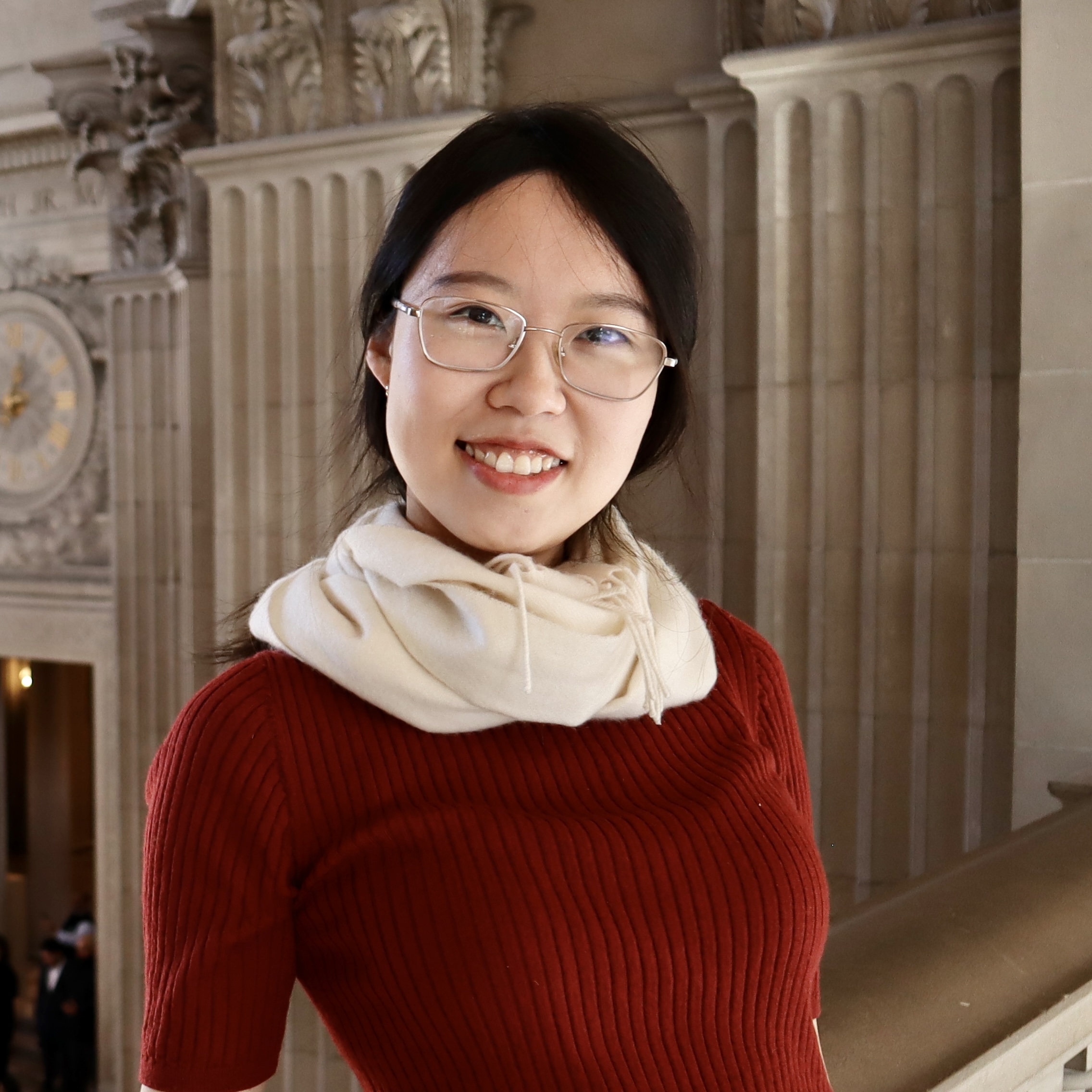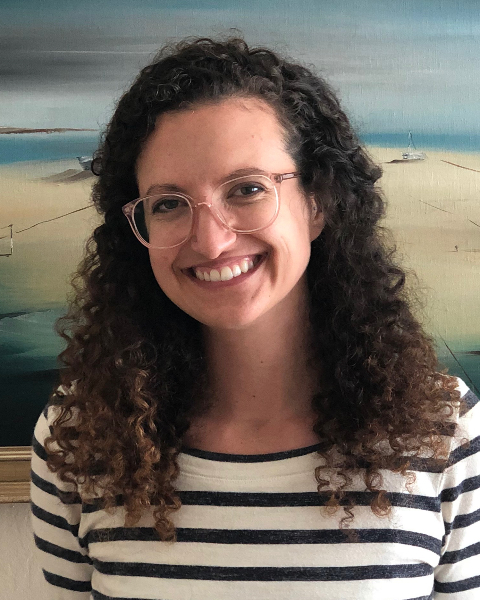Symposia
Cognitive Science/ Cognitive Processes
2 - (SYM 15) The Effects of Memory Support Strategies on Recall for Treatment Content in Individuals with and Without MCI
- AM
Anne E. Milner, Ph.D. (she/her/hers)
Postdoctoral Scholar
University of California, Berkeley
Berkeley, California, United States - CW
Crystal Woo, B.S. (she/her/hers)
Project Coordinator
University of California, Berkeley
Berkeley, California, United States 
Linyan Ge, M.S.
Research Assistant
University of California, Berkeley
Alameda, California, United States- SO
Sophia M. Oliver, B.A.
Project Coordinator
University of California at Berkeley
Berkeley, California, United States - GZ
Garret G. Zieve, Ph.D. (he/him/his)
Psychological Associate
Oakland Cognitive Behavior Therapy Center
San Francisco, California, United States - KK
Katrina Kuo, None (she/her/hers)
Research Assistant
University of California, Berkeley
Berkeley, California, United States - KM
Kate Marcotullio, None (she/her/hers)
Research Assistant
University of California, Berkeley
Berkeley, California, United States - JV
Joshua Varghese, None (he/him/his)
Research Assistant
University of California, Berkeley
Berkeley, California, United States 
Kiely Bol, None
Undergraduate Research Assistant
University of California, Berkeley
Danville, California, United States
Laurel D. Sarfan, PhD (she/her/hers)
Clinical/Implementation Asst Researcher
University of California, Berkeley
Berkeley, California, United States- AH
Allison G. Harvey, Ph.D. (she/her/hers)
Professor
University of California Berkeley
Berkeley, California, United States
Speaker(s)
Co-author(s)
Background: Memory for treatment contents is poor, the Memory Support Intervention (MSI) was developed to improve memory for treatment with the aim of improving patient outcomes (Harvey et al., 2014). The MSI incorporates two different MS strategies (1) constructive, where patients construct new ideas, inferences, or connections in relation to treatment contents, and (2) non-constructive, strategies that emphasize treatment contents but do not ask patients to do anything new with the content. Individuals with mild cognitive impairment (MCI) experience declining memory function and it remains unclear which MS strategies will best support individuals with MCI to improve treatment outcomes. Therefore, the current study aimed to test the effects of the different memory supports (i.e., constructive, non-constructive) on patient memory for treatment in a group of individuals with MCI relative to a control, without MCI.
Method: Participants were midlife adults either experiencing MCI (n = 11) or not (n = 12). Participants viewed modules from the Transdiagnostic Intervention for Sleep and Circadian Dysfunction (TranS-C; Harvey & Buysse, 2017), across two different sessions separated by one week. In each session, participants viewed half of the TranS-C modules. They received constructive memory support in one session, and non-constructive in the other. Free recall of patient memory (Lee & Harvey, 2015) for Trans-C treatment content was measured. Hierarchical linear modeling was used to predict memory recall for treatment as a function of MCI group (MCI, no-MCI) and Memory Support Type (Constructive, Non-Constructive).
Results: There was a significant difference in memory recall between the MCI and non-MCI group (b = -0.82, p < 0.01) such that the MCI group recalled fewer treatment points (M = 44.32%) relative to the non-MCI group (M = 57.68%). The interaction between MCI group and Memory Support Type approached significance (b = 0.57, p = 0.085). After receiving non-constructive memory support, fewer treatment points were recalled by individuals in the MCI group (M = 41.83%) compared to those in the non-MCI group (M = 61.44%).
Conclusion: Individuals with MCI were found to have poorer memory for treatment relative to those in the non-MCI group. Interestingly, the non-constructive memory supports were found to be less effective in the MCI group in comparison to the non-MCI group. These results suggest that non-constructive memory supports may not be as effective to implement into treatment for individuals with MCI.

.png)
